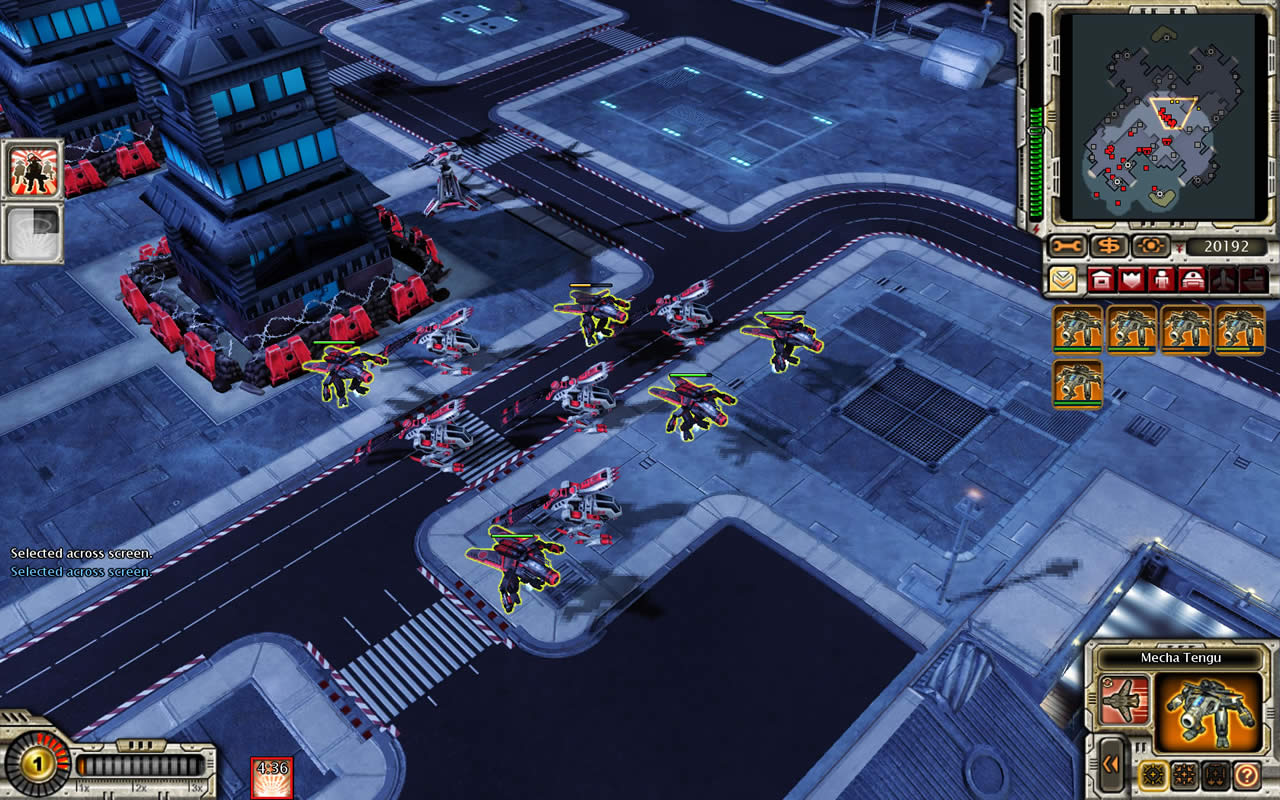It’s been a while since I blogged about DRM. The last time was me ranting about Steam more than 7 years ago. Funnily enough, as it turned out, Steam has become the least restrictive of the current popular DRM measures. I’ve chosen to rant about it this time because recently I’ve ended my boycott against Steam.
When Steam was first announced in 2002, I decided I would have no part of it. While I do have an account with Steam, I didn’t buy any Steam or Steam-DRMed game until now. At the time, it was the most restrictive, most ridiculous piece of DRM. This was back when most DRM was disc-based - and more importantly, back in Malaysia, we were still predominantly dialup or slow ADSL.
To make things even worse, Steam at this time did have an rather unreliable offline mode (on my computer, anyway), together with encrypted data on the discs. There was no question – this was the new enemy, and so I stopped buying Valve games.
As time passed, Steam started allowing third party games on the service, got even more creative with the DRM, and now even has a Mac version. Meanwhile, the rest of the game publishing world has decided to whip their own customers with even more horrendous anti-copying measures, like persistent online authentication (in some cases, you need to be always online to play a single player game) and limited activation schemes. We have even had cases of games being tampered with on purpose, so that the game is unplayable off a fresh install off a disc.
The one piece of DRM I can most certainly agree with is the one where the game chooses to do hilarious things to the player when they use an illegal copy – invincible enemies, impossible enemy spawns, permanently drunken driving. Although, this can sometimes result in the game being given a bad review by our dear pirates because they didn’t know any better.
Now Steam is our go to place for games. Why? Sales on good games, (funnily enough) less restrictive DRM than other places, and hell, even weekends when we can try and play a game for free!
So here we are, nearly 10 years later, and I’ve finally bought my first game on Steam. The honour happens to go to Bastion – which was on sale for USD 6 for a copy I could play on both Windows and OS X. So, Valve – you win. (Also, I look forward to Counter-Strike: Global Offensive and DOTA 2 being released.)

